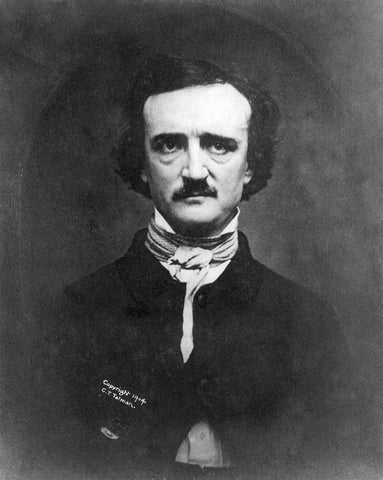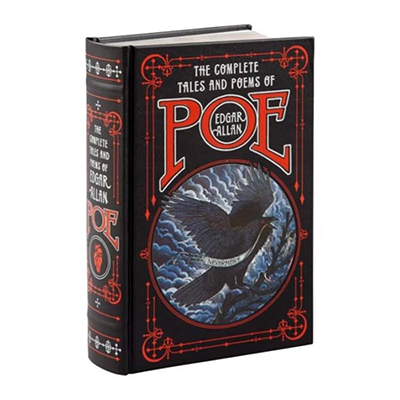
Halloween is creeping up on us and we couldn’t be happier, as it’s the perfect excuse to celebrate the literary masters of horrors. While last October we remembered Shirley Jackson and H. P. Lovecraft, this year we decided to focus on the master of the macabre.
Who was he?
Edgar Allan Poe (January 19, 1809 – October 7, 1849) was an American writer and critic. Abandoned by the father and having lost his mother when he was only three, he was adopted and separated from his siblings.
A prolific poet ever since his early teenage years, he didn’t receive enough moral and financial support from his adoptive family and resorted himself to gambling to pay for his studies, but ended up in debt. He managed to make a living as a writer and literary critic, although not without financial struggles, health problems and his battle with alcoholism, especially after the premature death of his much younger wife and cousin.
Just like his work, his death was surrounded by mystery: found delirious on the streets wearing clothes that weren’t his own, he died before explaining what happened.
What did he write?
Poe is famous for his dark and evocative storytelling: he wrote many poems (with The Raven being the most celebrated), a novel, a play and many critical essays. However, he’s mostly known for his macabre short stories, such as The Black Cat, The Fall of the House of Usher and the iconic The Tell-Tale Heart.
Legacy
Although he didn’t achieve financial fame and his literary rival went out of his way to ruin his name, Edgar Allan Poe is now considered one of the greatest writers of all time and a pivotal influence for many more. He is known as the architect of the modern short story and psychological horror, thanks to his combination and development of detective fiction and horror. His essay The Philosophy of Composition was one of the biggest inspirations behind French symbolism.
If you want to celebrate the spookiest time of the year by diving into his twisted narratives, check out our collection of his work.
[Picture credit: Wikipedia]

